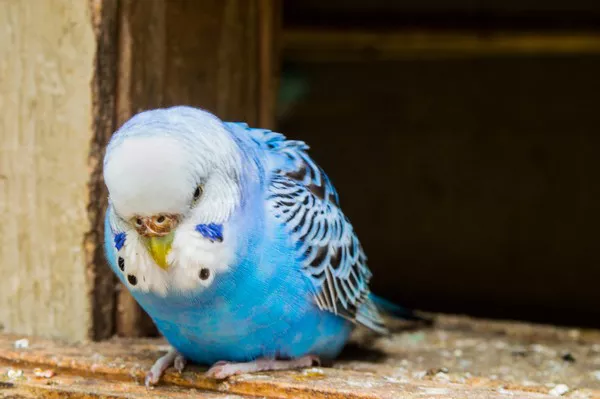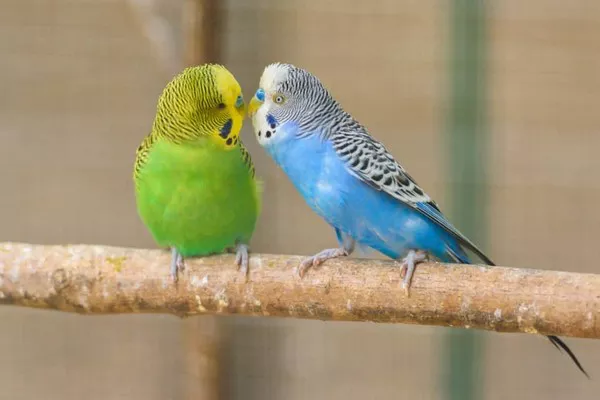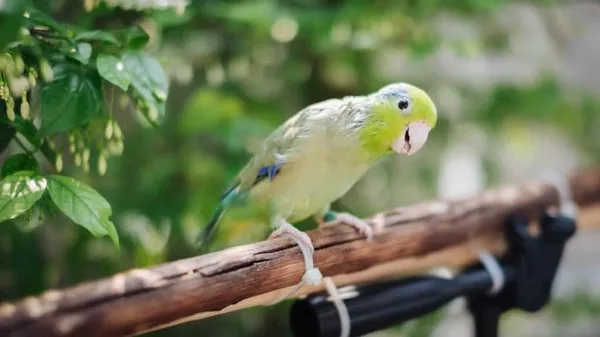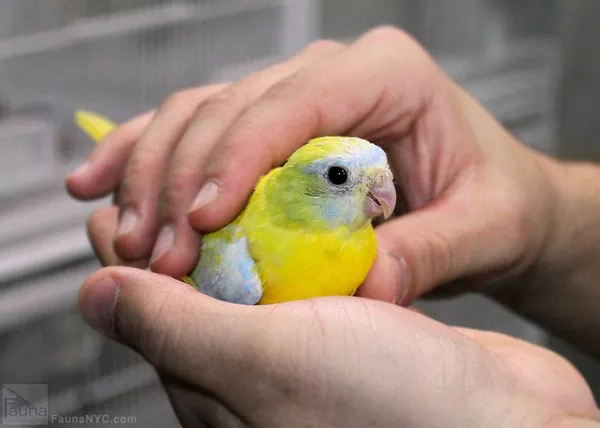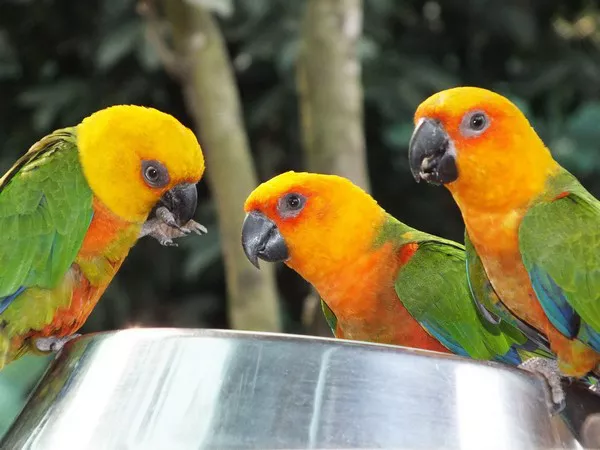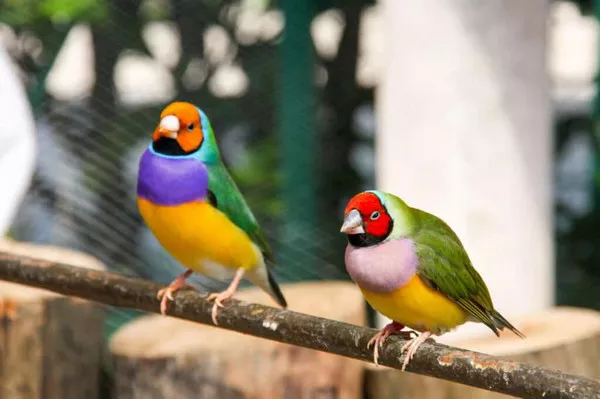African Gray Parrots, renowned for their exceptional intelligence and engaging personalities, are highly sought-after as pets worldwide. Their ability to mimic sounds and speech, combined with their striking appearance, makes them a favorite among bird enthusiasts. However, the price of an African Gray Parrot can vary significantly, influenced by numerous factors. In this article, we will explore the elements that determine the value of African Gray Parrots and provide insights into what potential parrot owners should consider when assessing their worth.
Species and Subspecies
African Gray Parrots belong to two main species: the Congo African Gray Parrot (Psittacus erithacus erithacus) and the Timneh African Gray Parrot (Psittacus erithacus timneh). The Congo African Gray Parrot, known for its vibrant red tail feathers, is typically more expensive than the Timneh African Gray Parrot due to its striking appearance and larger size.
Age of the Parrot
The age of an African Gray Parrot plays a crucial role in determining its price. Younger parrots, typically between six months to a year old, are often more expensive than older parrots. This is because younger parrots have a longer potential lifespan with their new owners and are often more adaptable to training and bonding.
Color Mutation and Feather Quality
While African Gray Parrots are naturally gray, color mutations can occur, resulting in variations like the “Blue” African Gray Parrot, which has blue-gray feathers. Parrots with unusual color mutations can command higher prices in the market due to their rarity and unique appearance.
The quality and condition of the parrot’s feathers also influence its value. Birds with well-maintained, vibrant plumage may be considered more valuable than those with faded or damaged feathers.
Talking Ability
African Gray Parrots are renowned for their exceptional talking and mimicking abilities. Parrots that can clearly imitate a wide range of sounds and words are often more valuable. The extent of a parrot’s vocabulary, clarity of speech, and ability to mimic various sounds can significantly affect its price.
Training and Socialization
Parrots that have received training and socialization are often more expensive. A well-trained parrot is easier to handle and live with, making it an attractive choice for potential owners. Additionally, parrots that have been properly socialized are more likely to form strong bonds with their owners.
Health and Veterinary Records
The health of the parrot is a critical factor in determining its worth. Parrots with complete veterinary records, including vaccinations and regular check-ups, may command higher prices. A healthy parrot is more likely to have a longer and happier life with its new owner.
Breeder Reputation and Ethics
The reputation and ethical practices of the breeder or seller can also impact the price of an African Gray Parrot. Reputable breeders who prioritize the well-being and ethical treatment of their birds may charge more for their parrots due to the quality of care provided.
Local Market and Demand
The price of an African Gray Parrot can vary significantly based on the local market and demand. In areas where there is high demand for these birds, prices may be higher. Additionally, local regulations and restrictions can also influence the availability and cost of African Gray Parrots.
Availability and CITES Regulations
The availability of African Gray Parrots can fluctuate due to conservation efforts and international regulations. The Convention on International Trade in Endangered Species of Wild Fauna and Flora (CITES) includes African Gray Parrots in its Appendix I, which restricts their international trade to protect wild populations. These regulations can affect the availability and price of African Gray Parrots in some regions.
Conclusion
The price of an African Gray Parrot can vary widely, ranging from a few hundred dollars to several thousand dollars. Ultimately, the value of a parrot depends on factors such as its species, age, color mutation, talking ability, training, health, and the reputation of the breeder or seller. Potential parrot owners should carefully consider their budget, preferences, and the specific qualities they desire in a parrot when assessing the worth of these intelligent and captivating birds. Additionally, it’s crucial to ensure that any parrot acquired has been ethically bred and sourced in accordance with local and international regulations to support the well-being of these remarkable birds in the wild.
Related Topics:

